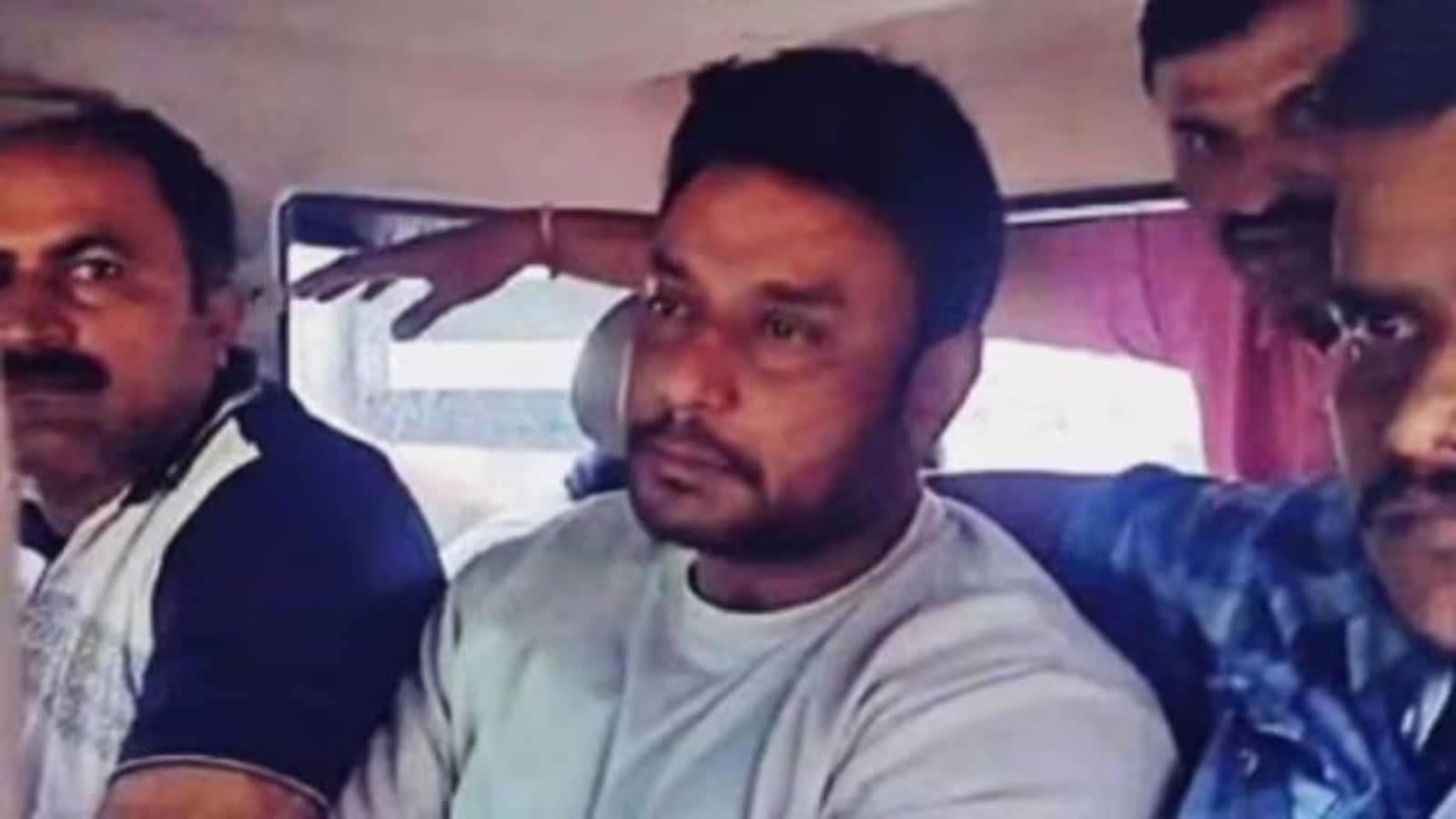 |
|
The Supreme Court of India delivered an interim order on Friday, refusing to revoke the bail granted to Kannada actor Darshan Thoogudeepa, Pavithra Gowda, and other individuals implicated in a murder case. While the court declined to immediately cancel the bail, it agreed to thoroughly examine the Karnataka government's appeal against the High Court's decision to grant bail in the first place. This crucial decision underscores the ongoing legal battle surrounding the high-profile case and its far-reaching implications for justice and the rights of the accused. The issuance of a notice to Darshan and the co-accused signals the Supreme Court's intention to delve deeply into the merits of the state government's argument, which alleges potential miscarriage of justice and the exploitation of loopholes in the legal system.
The state government's primary concern, as articulated before the Supreme Court bench comprising Justices J B Pardiwala and R Mahadevan, revolves around the potential for other co-accused to exploit the High Court's bail order. The state's apprehension stems from a belief that the High Court's decision effectively downplayed the gravity of the charges against the accused. The court's acknowledgement of this apprehension demonstrates the seriousness with which the Supreme Court is considering the state's plea. This critical element highlights the delicate balance the court must maintain between upholding the presumption of innocence until proven guilty and protecting the interests of justice in a case that has attracted significant public attention. The Supreme Court's measured response, refusing to immediately cancel bail while acknowledging the state's concerns, reflects this careful consideration.
The legal strategy employed by the state government, represented by senior advocate Sidharth Luthra and advocate Anil Nishani, underscores the strength of its case. The characterization of the High Court's decision as a ‘whitewash’ suggests a belief that the court failed to fully consider the evidence presented and the seriousness of the allegations. This strong rhetoric, while potentially inflammatory, aims to persuade the Supreme Court to overturn the High Court's ruling and uphold the state's interests. The argument regarding the potential exploitation of the bail order by other co-accused represents a pragmatic approach, aiming to prevent further complications and potential impediments to the prosecution's case. This careful consideration of the broader implications of the High Court's decision is indicative of a well-crafted legal strategy aimed at safeguarding the integrity of the judicial process.
The timeline of events leading to this Supreme Court intervention is crucial to understanding the case's complexity. Darshan Thoogudeepa's arrest on June 11, 2024, for the alleged murder of his fan, Renukaswamy, on June 8, 2024, marks the starting point of this legal saga. The alleged motive—retribution for obscene messages sent to Pavithra Gowda—adds another layer of complexity to the case. The subsequent discovery of Renukaswamy's remains on June 9, 2024, and the allegations that Darshan orchestrated the attack further cemented the gravity of the accusations against him. The High Court's initial grant of interim bail on medical grounds in October 2024, followed by the granting of regular bail in December 2024, shows a progression of events that have clearly led to the current challenge before the Supreme Court. The incident involving a viral photograph of Darshan relaxing in prison, prompting his transfer to another facility, also highlights the media's intense scrutiny of the case and potential influence on public perception.
The implications of the Supreme Court's final decision in this case will extend far beyond the immediate parties involved. It will set a precedent for future cases involving high-profile individuals and accusations of violence. The outcome will have repercussions on how courts balance the presumption of innocence with the need to ensure justice for victims and the broader public. The Supreme Court's approach, demonstrating caution while acknowledging the state's concerns, suggests a commitment to thorough review and a measured response that will strive to avoid undermining the justice system's integrity. The ultimate decision will influence legal practices and public perception of justice within the Indian legal framework. The ongoing legal process serves as a reminder of the intricacies of the Indian legal system and the importance of careful consideration in high-profile cases that attract significant public and media attention.
Source: Murder case: SC refuses to cancel actor Darshan’s bail, agrees to examine state plea
